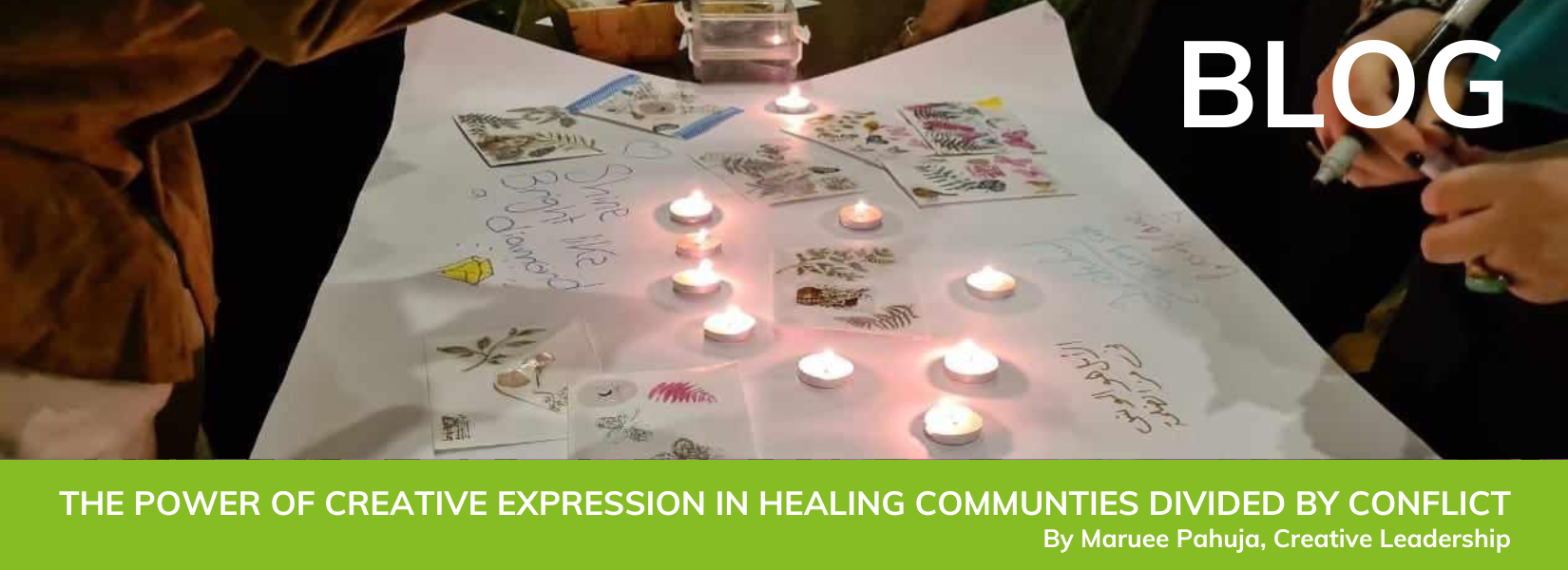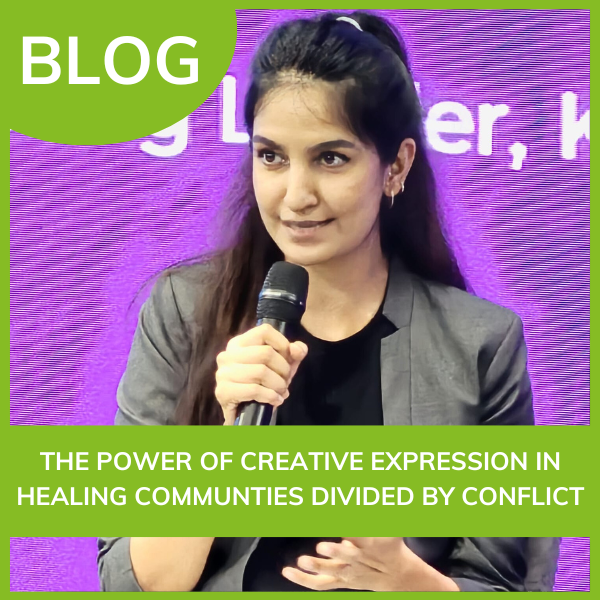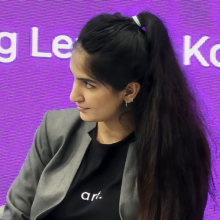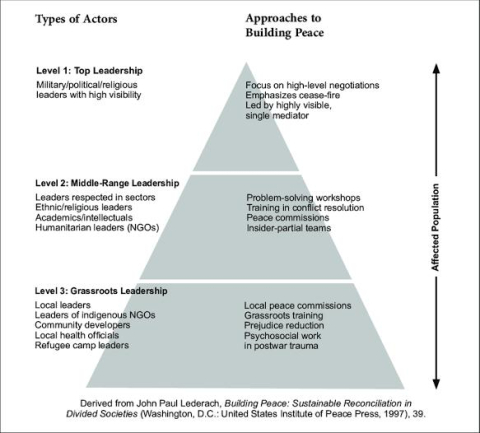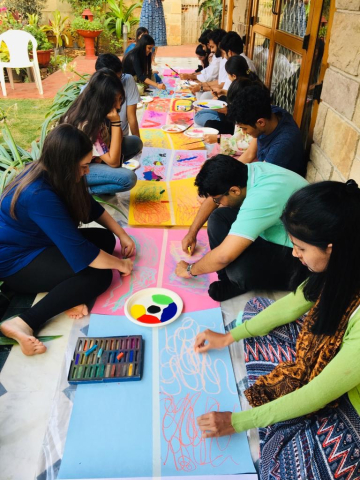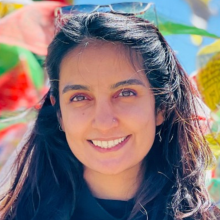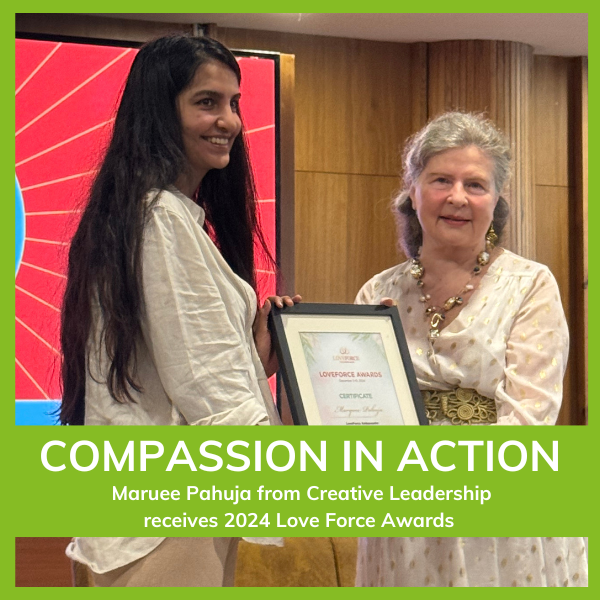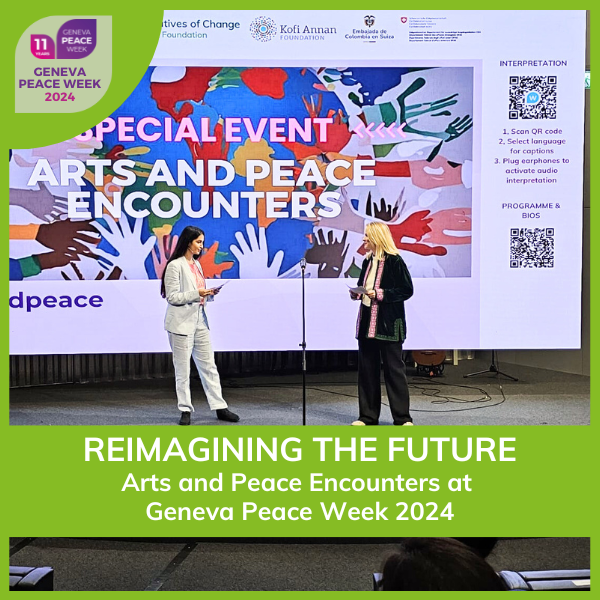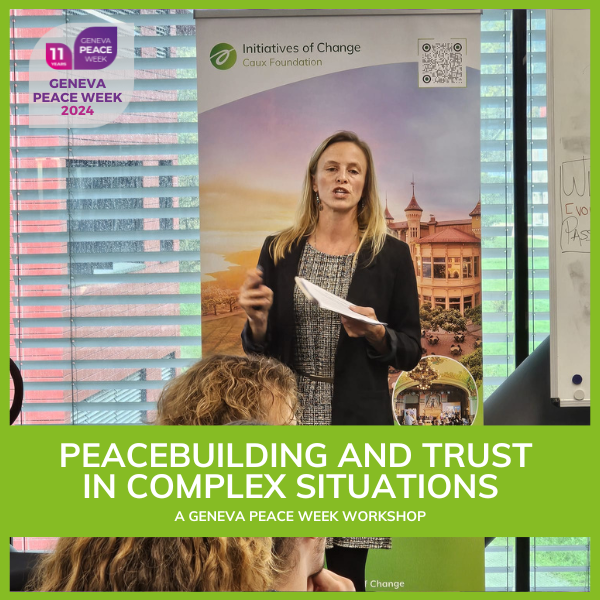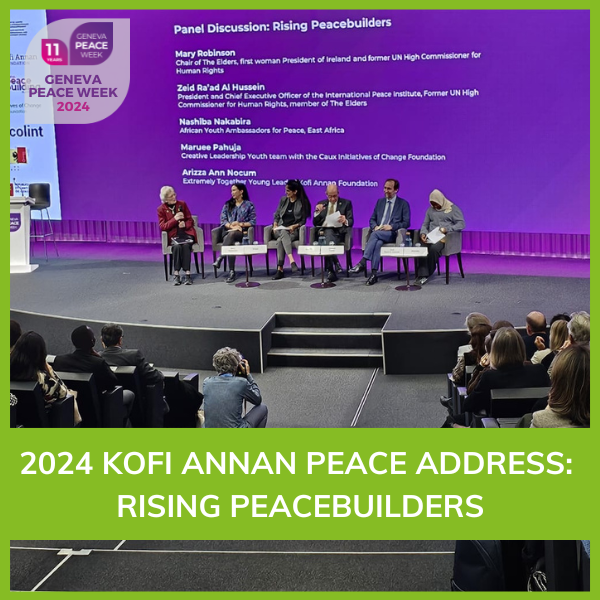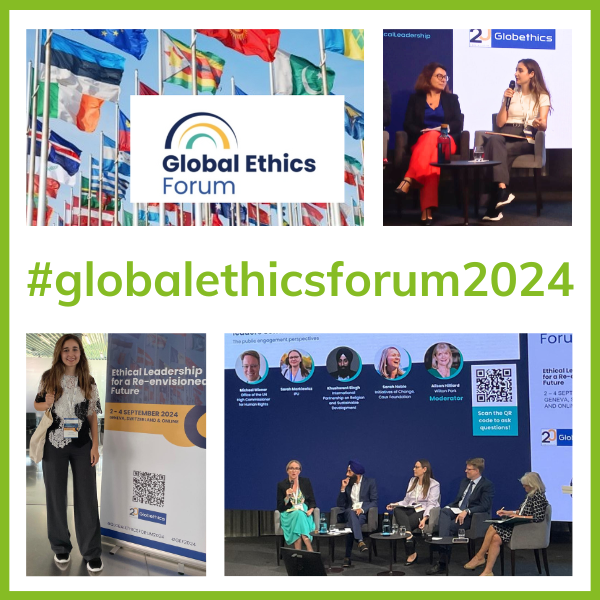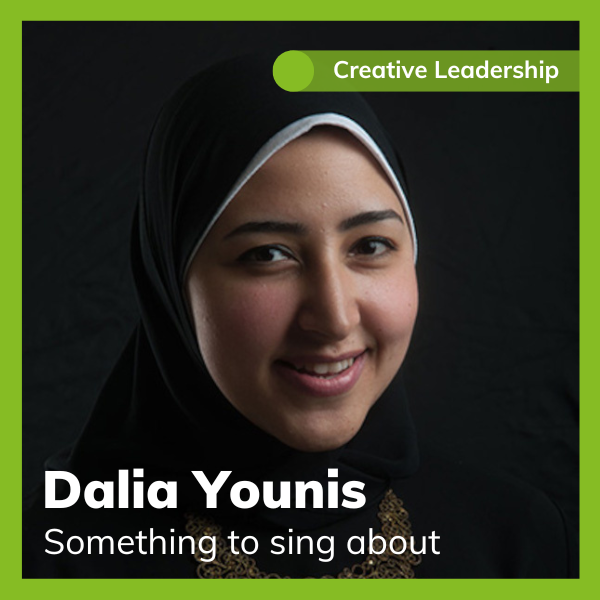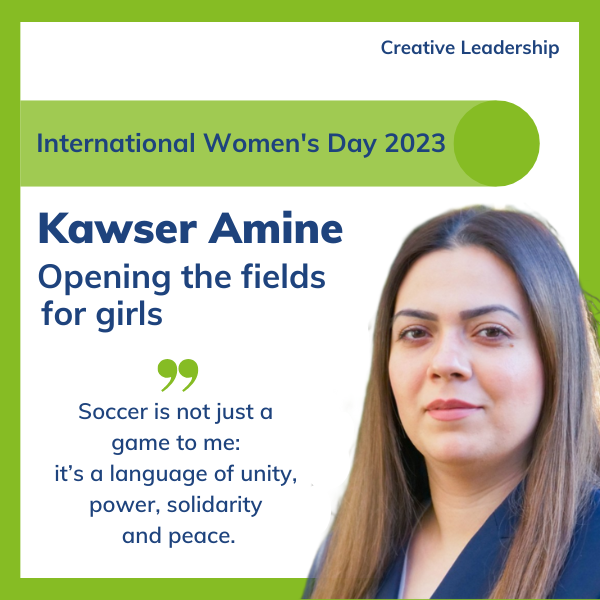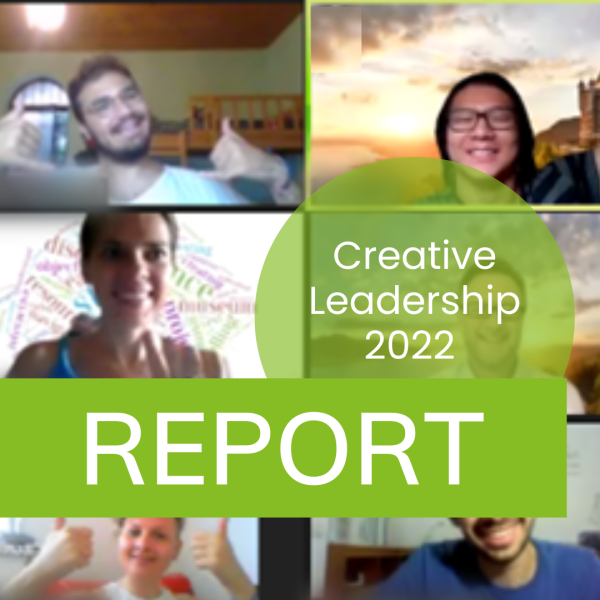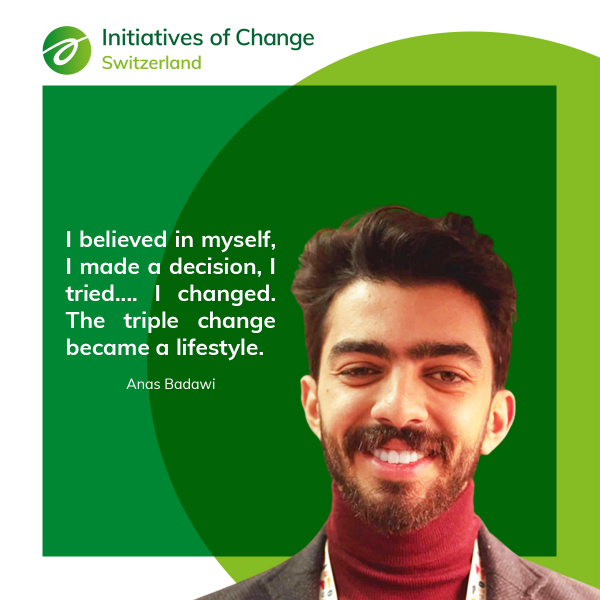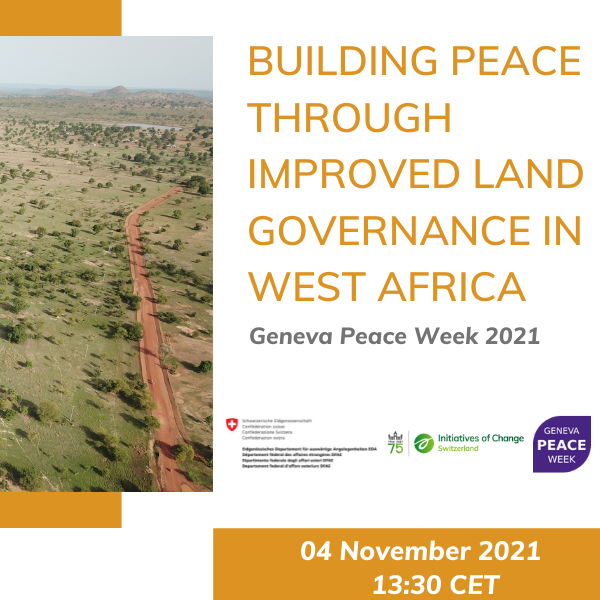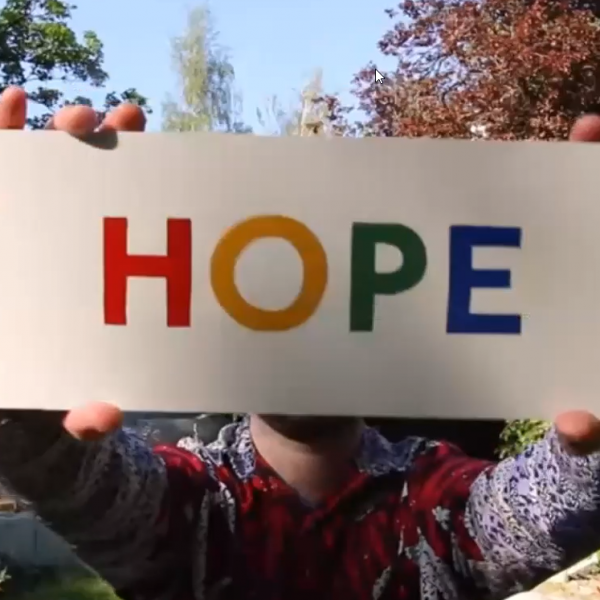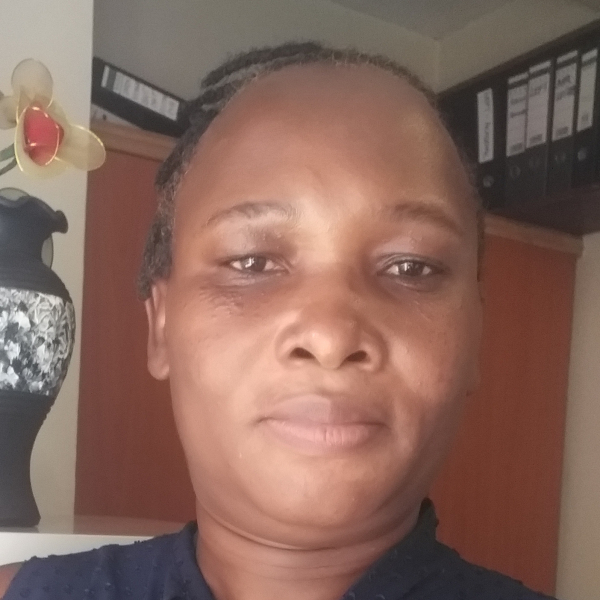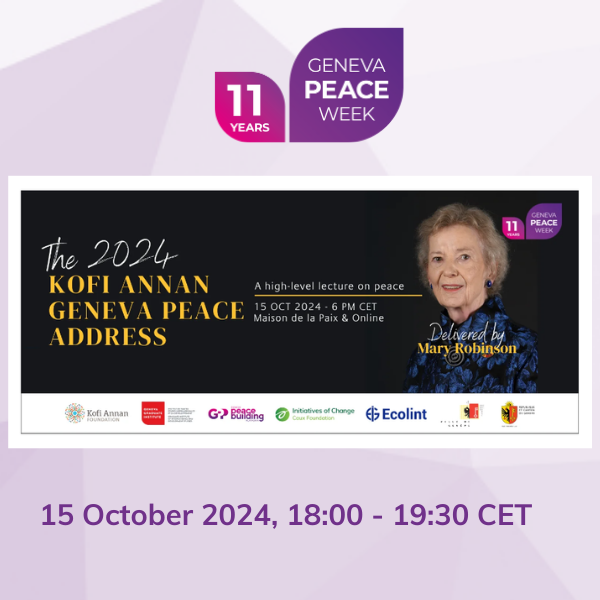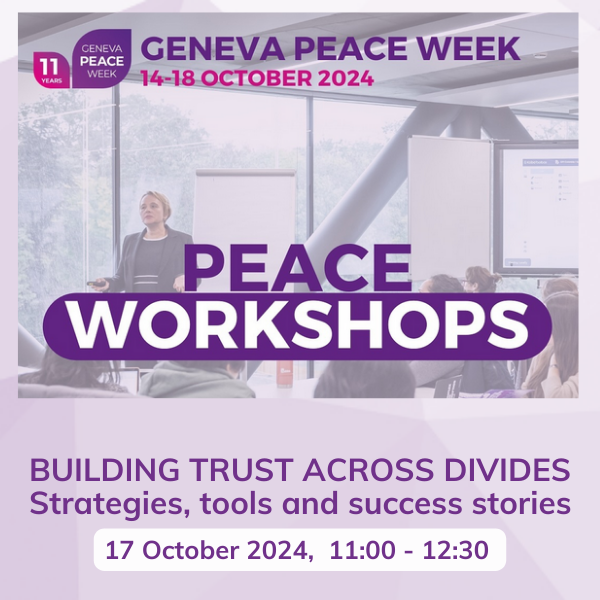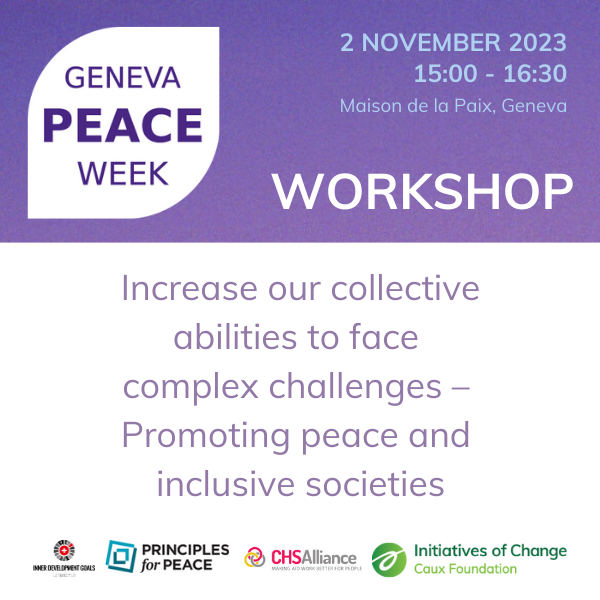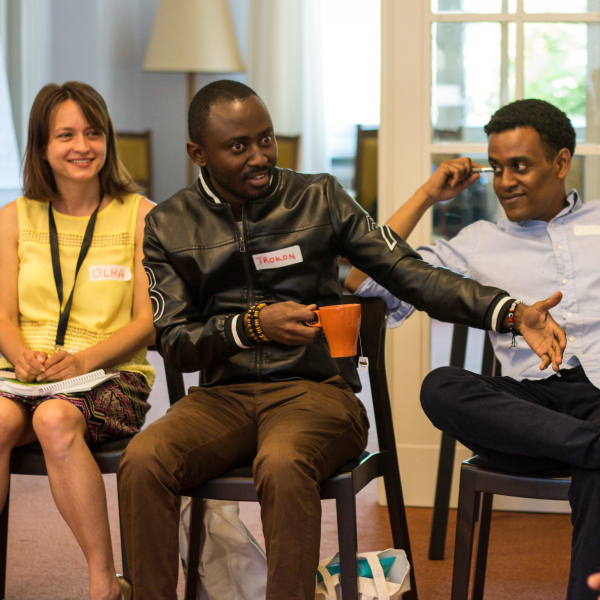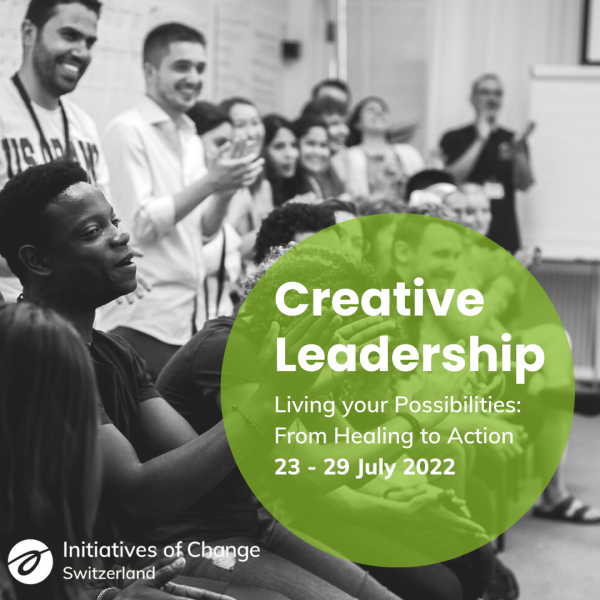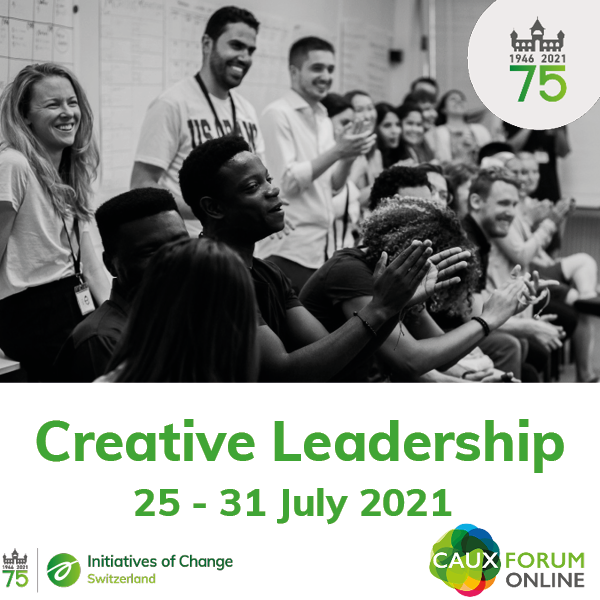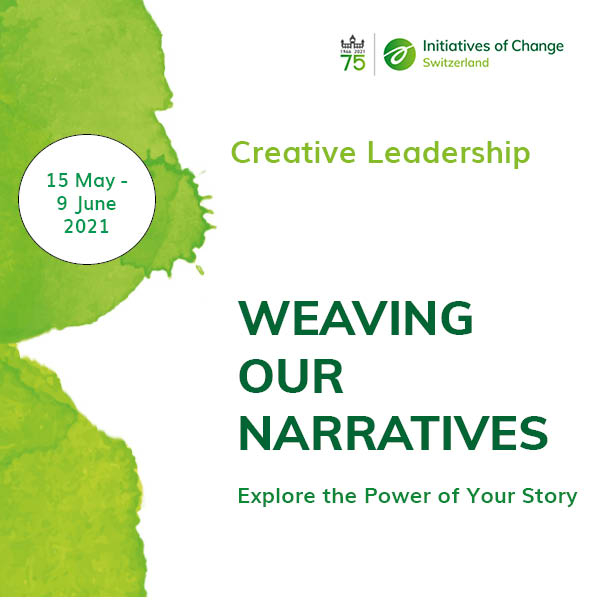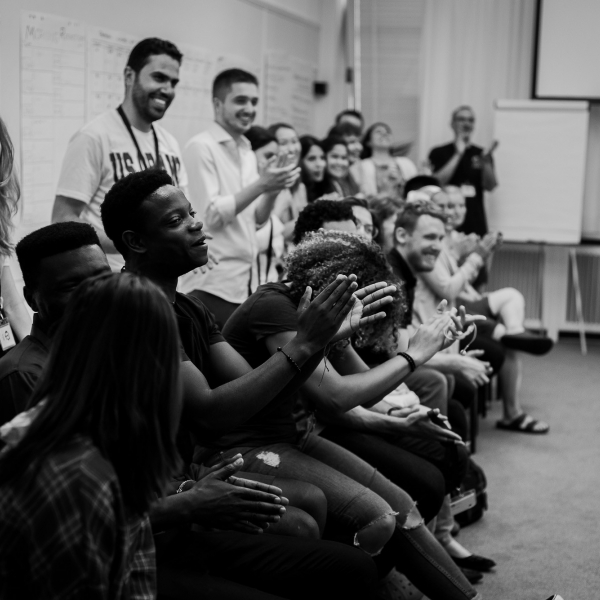The Power of Creative Expression in Healing Communities Divided by Conflict
A blog by Maruee Pahuja, Creative Leadership
16/10/2024
Maruee Pahuja (India) is a member of Caux Initiatives of Change's Creative Leadership youth initiative. She is also an Expressive Arts Therapy practitioner and a member of Arts and Peace Encounters initiative, launched by the Caux Initiatives of Change Foundation earlier this year.
By 2030, our Foundation’s goal is for the Caux Palace, our centre for peace and dialogue near Montreux, to become a globally recognized convening center that champions the role of arts and dialogue in inspiring, connecting, and equipping individuals with the skills and qualities needed to foster peace.
On 15 October 2024, Maruee was a panelist at this year's Kofi Annan Peace Address where she discussed with Mary Robinson, first woman President of Ireland, former UN High Commissioner for Human Rights and Chair of The Elders, and other young peacebuilders on topics such as fostering social integration, achieving equality between all genders, upholding human rights and fundamental freedoms and enhancing the role of civil society.
This blog is based on Maruee's contribution to the Kofi Annan Peace Address event at Geneva Peace Week 2024.
As someone working at the intersection of arts, science, and peacebuilding, I’ve witnessed first-hand how creative expression can be an incredibly powerful tool for healing communities affected by conflict.
The arts led me to peacebuilding, and through my work, I have witnessed how intermodal arts approaches create a safe enough space for people to express their emotions and begin healing. I have facilitated workshops with Syrian refugees in Lebanon, Somalian and Afghan refugees in India, and Tibetan refugees, continuing my efforts now with young leaders, peacebuilders, and humanitarian workers advocating for peace. My ongoing pursuit of applying arts-informed approaches in peace building now has taken a new form in engaging with individuals serving at level two and three of peacebuilding leadership—grassroots and middle-range leadership—based on John Paul Lederach’s research and design.
I offer workshops, individual training, and mental health nurturance for those who are peacekeepers in their own right. We are attuned to the world’s suffering—whether from conflicts, wars, hurricanes, genocides, or the cries of Mother Earth, also known as the climate crisis.
Those working towards peacebuilding, in any form, often face burnout, hopelessness, helplessness, and despair, with no outlet for their hurt. This emotional weight makes the path forward feel distant and exhausting, mainly because of the overwhelming sense of “not feeling okay.” To continue doing what we believe in—work that nurtures the well-being of others—we must also find ways to care for our own life force and enliven this emergence. The peacebuilding community, when nurtured, can create a ripple effect in the communities they serve.
Every experience I’ve had, whether with peacebuilders, young leaders, refugees, IDPs, or vulnerable populations, reaffirms the profound impact of creative intermodal approaches—visual arts, music, movement, creative writing, theatre, photography—on restoring hope and resilience in the face of adversity.
One particularly impactful moment took place during an intermodal expressive arts workshop on "home and hope" with Afghan and Somalian refugees. A woman, an Afghan refugee in India for the first time, shared her story of why she had to flee her country. This expression emerged through her engagement with the expressive arts process. For the first time, she also felt safe enough to share her vulnerabilities courageously, fostering a newfound sense of kinship with her community and a feeling of liberation. It was a powerful reminder that suffering and depression can isolate us, and while the opposite of depression is joy, joy begins with expression.
Art as a Safe Space for Healing
The arts create a safe space for individuals and communities to express their grief, transforming feelings of hate and hurt into healing. This process not only cracks open the heart of the person expressing their emotions but also the hearts of those witnessing it. This is how communities can be rebuilt—by opening our hearts and making room for empathy, compassion, understanding, and connection.
There are still not enough spaces for dialogue through the arts between divided communities. Programmes like the Caux Initiatives of Change Foundation’s Arts and Peace Encounters are working to create more of these spaces, and we would love for you to be part of this programme. When people come together through creative expression, they open their hearts to feel deeply and it helps surface compassion, empathy, and the shared human experience.
The Role of Arts in Imagination and Hope
The arts serve a critical role in expanding our imagination and challenging limiting beliefs. They give us the capacity to dance with the uncertainties of life, tell stories, and rediscover hope. As the philosopher Blaise Pascal once said, "You should always keep something beautiful in your mind." Arts allow us to enter and be taken in by that beauty, guiding us through both individual and collective healing.
Art-based interventions go beyond simple expression—they provide a visceral experience that taps into parts of our consciousness that we cannot always access through reflective thinking alone. These interventions are not just for artists but for anyone seeking healing, regeneration, or the act of witnessing another’s story.
Honouring Unique Expression and Shared Humanity
I’ve yet to meet a single person who isn’t affected by conflict, and I’ve also yet to meet someone who isn’t imaginative by nature—this is what makes us all artists in our own right. No matter how sophisticated or mature a person may seem, we all started as children who lived in an imaginative world, fearlessly and without judgment. To heal communities, we must first heal individuals and recognize their unique experiences and the communities they are a part of.
The work of the arts is to honour that pain and facilitate active hope. It allows us to bear witness to human dignity and creativity, even in the face of destruction and hopelessness. If we gave each other the permission to express our inner landscapes, we would see that no two pieces of artistic expression are alike and we all have a unique language of expression suggesting we all have unique perspectives and experiences. The arts provide a space for this unique expression while honouring our shared humanity.
The Science of Arts in Peacebuilding
There is well-researched evidence that supports the role of arts in peacebuilding. Here are some ways in which arts have been proven effective:
• Arts can be applied as a resource for conflict transformation, drawing on human capacities for empathy and compassion.
• They help build constructive relationships that remain resilient in the face of renewed conflict.
• Artistic expression serves as an intervention for healing trauma, mental health and psychosocial support after violent conflict.
• Arts can help societies negotiate conflict in constructive, non-violent ways, although artistic methods are often overlooked in peacebuilding processes.
In addition, in my experience, arts can also be used as a political tool, shaking us awake and making us more aware of perspectives beyond our own limited views. Films, for example, are a powerful medium that allow us to experience the wide spectrum of human emotions—suffering, hope, and everything in between. These expressions can stand the test of time and remind us of our shared humanity, expanding our horizons and perspectives.
My Hope for the Future
My hope and my work in this lifetime are to reignite the creative spirit that exists within each of us and use that force to cultivate inner peace that ripples outward into communities, systems, and eventually, the world.
Arts based approaches need to be taken more seriously in conflict resolution. The arts hold the potential to transform individuals, communities, and nations. By investing in the creative spirit that lives within each of us, we can begin the process of healing and rebuilding.
“They call it the Big Bang, but I believe the world was crafted and created in silence with love”
Maruee Pahuja
__________________________________________________________________________________________
Maruee Pahuja is an impassioned Expressive Arts Therapy process facilitator, visual artist, and eye-care practitioner dedicated to enriching lives through the intersection of arts and science. As an Expressive Arts Consultant with the Caux Initiatives of Change Foundation's Arts and Peace Encounters programme, she brings strategic insights to foster meaningful dialogues in peacebuilding using arts-based approaches.
Ending violent conflict requires societies to take leaps of political imagination. The arts are often uniquely placed to help promote new thinking by enabling people to see things differently. In place of conflict’s binary divisions, arts-based approaches can often be charged with exploring the ambiguities and possibilities of the excluded middle. Yet, their role in peacebuilding remains little explored. Maruee is currently researching and creating spaces for this exploration.
In her role as a Core Team member of Creative Leadership, she drives content creation and strategy, always with a focus on transformative impact through creative processes. She is currently designing a program on Conscious Arts with the School of Conscious Politics and expanding a pilot project in Arts-Based Coaching with Step Ahead Berlin, in collaboration with the assistant dean of the European Graduate School. Her journey is marked by pioneering efforts in developing therapeutic arts-based interventions and leading workshops that inspire profound transformation. With over 4,000 hours dedicated to volunteering, she harnesses the transformative power of the arts to heal, unite, and elevate, all while on a mission to bridge the gap between science and the arts, aiming to cultivate a world where health and humanities walk hand in hand.
Her rich tapestry of experiences spans continents, cultures, and fields, where she has spearheaded initiatives that merge the realms of arts, peacebuilding, leadership, planet democracy, indigenous wisdom, and eco-emotions to foster holistic well-being. With over 300 workshops and coaching sessions held globally, she has collaborated with more than ten not-for-profit organizations, advocating for and integrating Expressive Arts in peace building and leadership. Maruee recharges and finds inspiration in her creative cave, where she unleashes her imagination through various visual art forms and styles. Her journey continues to be one of creativity, compassion, and a deep commitment to share the joy and the transformative power of the arts.
-
Learn more about the 2024 Kofi Annan Peace Address
-
Find out more about our Arts and Peace Encounters programme
